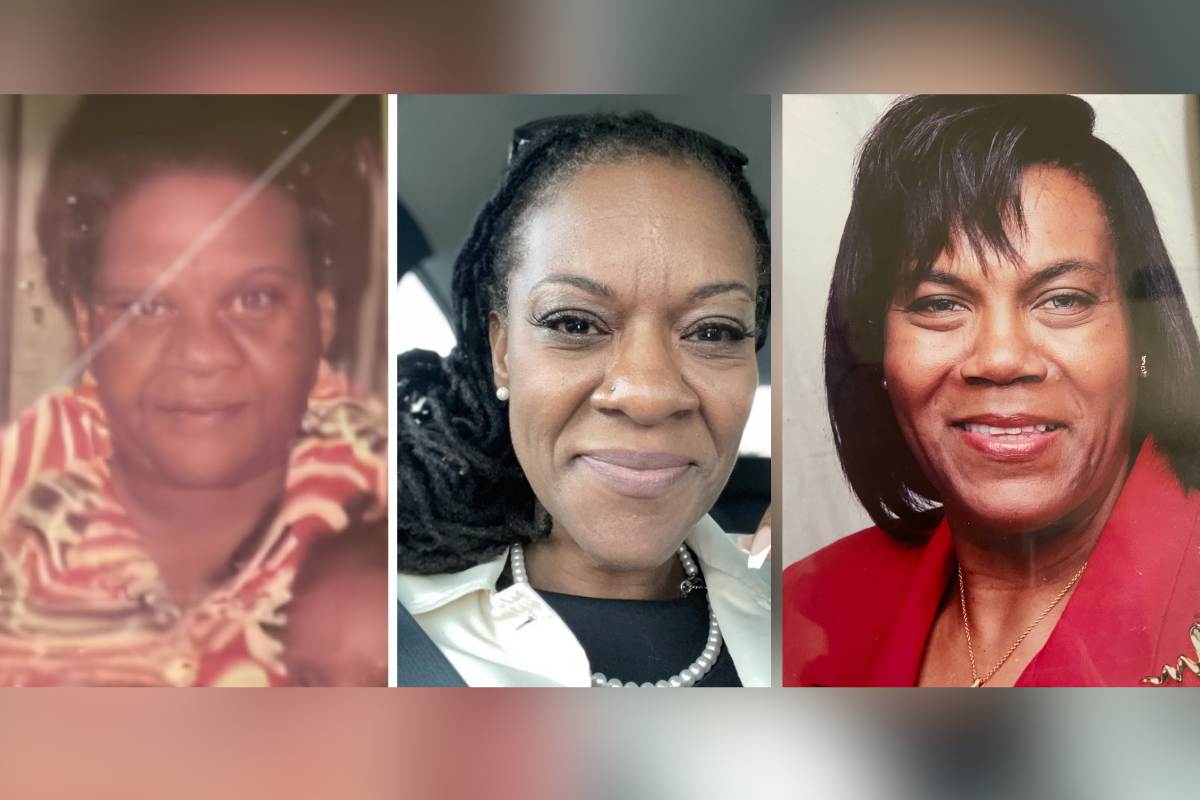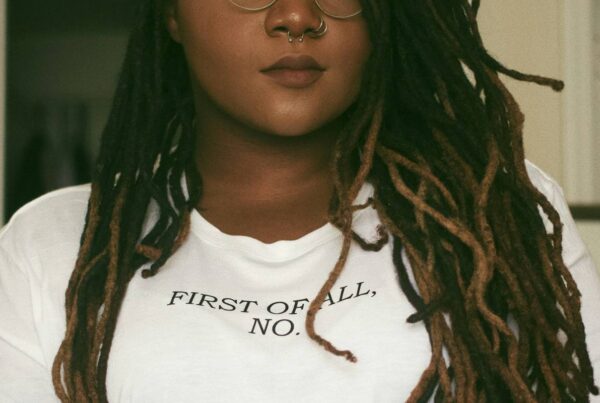Ask me about my mother’s death, and I’ll tell you I feel cheated.
She was only 65.
Momma wasn’t ready to go. She always talked about what she would do when she recovered — how she couldn’t wait to drive again, to preach again, to pour into others through ministry. There were so many dreams she still wanted to accomplish.
Ask me about my Momma’s death, and I’ll tell you her body did her dirty.
In the early days of grieving her, I used to say that if it were possible for her to come back, I wouldn’t want it, not to that body that betrayed her.
Twelve strokes.
High cholesterol.
Type 2 diabetes.
A pacemaker.
And yet, through it all, she still held on.
But I know for certain my Momma was never on HRT — hormone replacement therapy. She white-knuckled her way through menopause like so many women in her generation, told to “tough it out” and “pray it away.”
Now I can’t help but wonder: could her life have been extended?
If my Momma had been on hormone therapy, could she still be here?
As I navigate my own health, I decided to start HRT. Thankfully, there’s far more information available now about how estrogen supports cardiovascular health. Looking back, I can see it clearly: Momma’s doctors were fighting symptoms, not the root cause. They were treating the smoke, not the fire.
Her lack of hormones was the fire.
As I contemplated all that I now understand about how HRT protects a woman’s heart, brain, and metabolism — and how GLP-1 medication supports cardiovascular function — I thought about my Momma.
Lying across my bed, freshly bathed and fully moisturized, I wept. I wept for what could have been. For the possibility that if someone had connected the dots, she might still be here, working in ministry, loving on her grands and great-grands, laughing loud and living well.
The Doctor Who Missed It
I’ll never forget the Black female doctor I saw at the height of my perimenopause journey.
I was exhausted, foggy, swollen, and scared. My body felt foreign to me.
And her advice?
“You need to meal-prep.”
Meal prep.
As if spinach and salmon were going to fix plummeting estrogen, cortisol dysregulation, and metabolic collapse.
She was supposed to see me — a Black woman in distress, whose labs screamed imbalance — and instead, she gave me a grocery list.
That moment broke something open in me. Because if even she — a Black woman doctor — couldn’t recognize what was happening in my body, then I knew the system wasn’t designed to protect us at all.
The Year I Almost Became My Grandmother
I recently turned 56.
It was a milestone birthday for me — not 55, but 56.
I didn’t celebrate my 55th. I couldn’t. My paternal grandmother, Grandma Betty, died at 55 after slipping into a diabetic coma in her bathtub. They rushed her to the hospital, but she never came out of that coma.
I’ve always been her twin — her hands, her temperament, her sweet tooth — and when my own body started to revolt, when my weight climbed, my blood pressure spiked, and my cholesterol crept up, I was terrified. I didn’t know if I’d even make it to 56.
But I did.
And everything’s on the decline now — the right kind of decline. Weight, blood pressure, and cholesterol numbers. I’m working with my body now, giving her exactly what she needs.
Because more meds weren’t the answer.
Hormone therapy was.
When Science Failed Women — Especially Black Women
And here’s the part that still makes me furious.
Science failed us — especially women like my Momma.
In the early 2000s, a massive government study told women that hormone therapy could cause breast cancer. The headlines exploded. Doctors panicked. Millions of women were taken off their hormones overnight, and an entire generation was told to “tough it out.”
Years later, researchers admitted what should have been clear from the start: the study was flawed. The women who showed increased risk were much older, many starting HRT decades after menopause. But the damage was already done.
That fear stole quality of life from countless women — and for Black women, the impact was even worse.
Our pain was already dismissed.
Our hot flashes were called exaggerations.
Our heart attacks were misdiagnosed.
Our higher rates of diabetes, hypertension, and stroke were blamed on weight or willpower — not on the hormonal collapse no one thought to check.
My Momma was one of them.
And I can’t help but think: if someone had cared enough to look deeper, to connect the dots, she might still be here.
Three Generations
Two generations before me didn’t get the care they deserved.
Grandma Betty slipped away at fifty-five.
My Momma, Bishop Gwendolyn P. Mack, left at sixty-five.
Both of their bodies fought battles that medicine didn’t understand, or simply didn’t bother to fight for them.
I am the third generation — the one where the cycle finally breaks.
I am 56 — alive, informed, and determined. I have access to the science they were denied. I am tending to my heart, my hormones, my health, and my joy.
Their healing lives in me now.
I am the daughter of women who loved fiercely, served faithfully, and suffered quietly — and I refuse to let that suffering be the final word.
Though…
I do wish I could hug them.
I do wish I could have made it better.
But every time I care for myself — when I rest, when I take my medicine, when I honor my body — that’s the hug.
That’s how I make it better now.
Lisa N. Alexander is the author and founder of This Woman Knows and What Million-Dollar Brands Know. She is an award-winning filmmaker, director, producer, and writer and is the owner of PrettyWork Creative.




